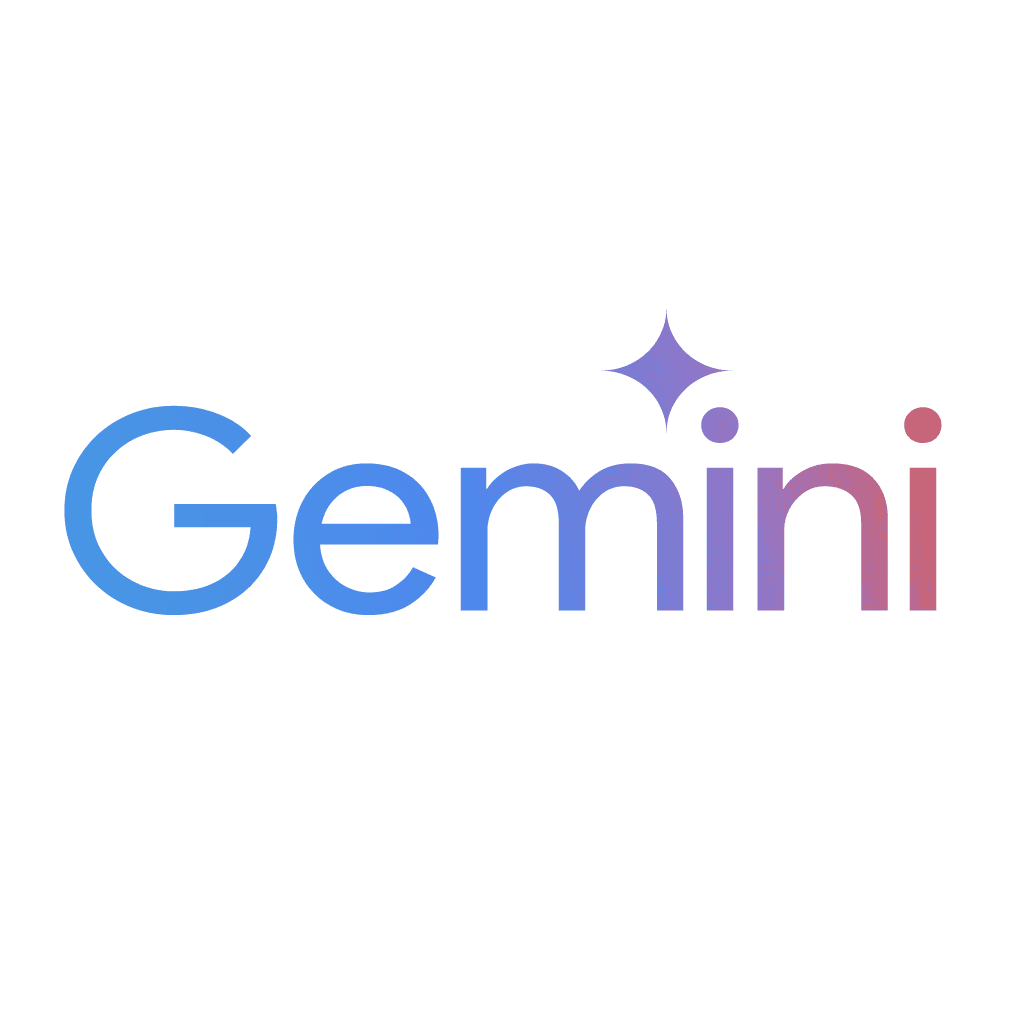✨ If you would like to help spread the word about Rig, please consider starring the repo!
Warning
Here be dragons! As we plan to ship a torrent of features in the following months, future updates will contain breaking changes. With Rig evolving, we'll annotate changes and highlight migration paths as we encounter them.
Rig is a Rust library for building scalable, modular, and ergonomic LLM-powered applications.
More information about this crate can be found in the official & crate (API Reference) documentations.
Help us improve Rig by contributing to our Feedback form.
- Full support for LLM completion and embedding workflows
- Simple but powerful common abstractions over LLM providers (e.g. OpenAI, Cohere) and vector stores (e.g. MongoDB, in-memory)
- Integrate LLMs in your app with minimal boilerplate
cargo add rig-coreuse rig::{completion::Prompt, providers::openai};
#[tokio::main]
async fn main() {
// Create OpenAI client and model
// This requires the `OPENAI_API_KEY` environment variable to be set.
let openai_client = openai::Client::from_env();
let gpt4 = openai_client.agent("gpt-4").build();
// Prompt the model and print its response
let response = gpt4
.prompt("Who are you?")
.await
.expect("Failed to prompt GPT-4");
println!("GPT-4: {response}");
}Note using #[tokio::main] requires you enable tokio's macros and rt-multi-thread features
or just full to enable all features (cargo add tokio --features macros,rt-multi-thread).
You can find more examples each crate's examples (ie. rig-core/examples) directory. More detailed use cases walkthroughs are regularly published on our Dev.to Blog and added to Rig's official documentation (docs.rig.rs).
| Model Providers | Vector Stores |
|---|---|
      |
   |
Vector stores are available as separate companion-crates:
- MongoDB vector store:
rig-mongodb - LanceDB vector store:
rig-lancedb - Neo4j vector store:
rig-neo4j - Qdrant vector store:
rig-qdrant









